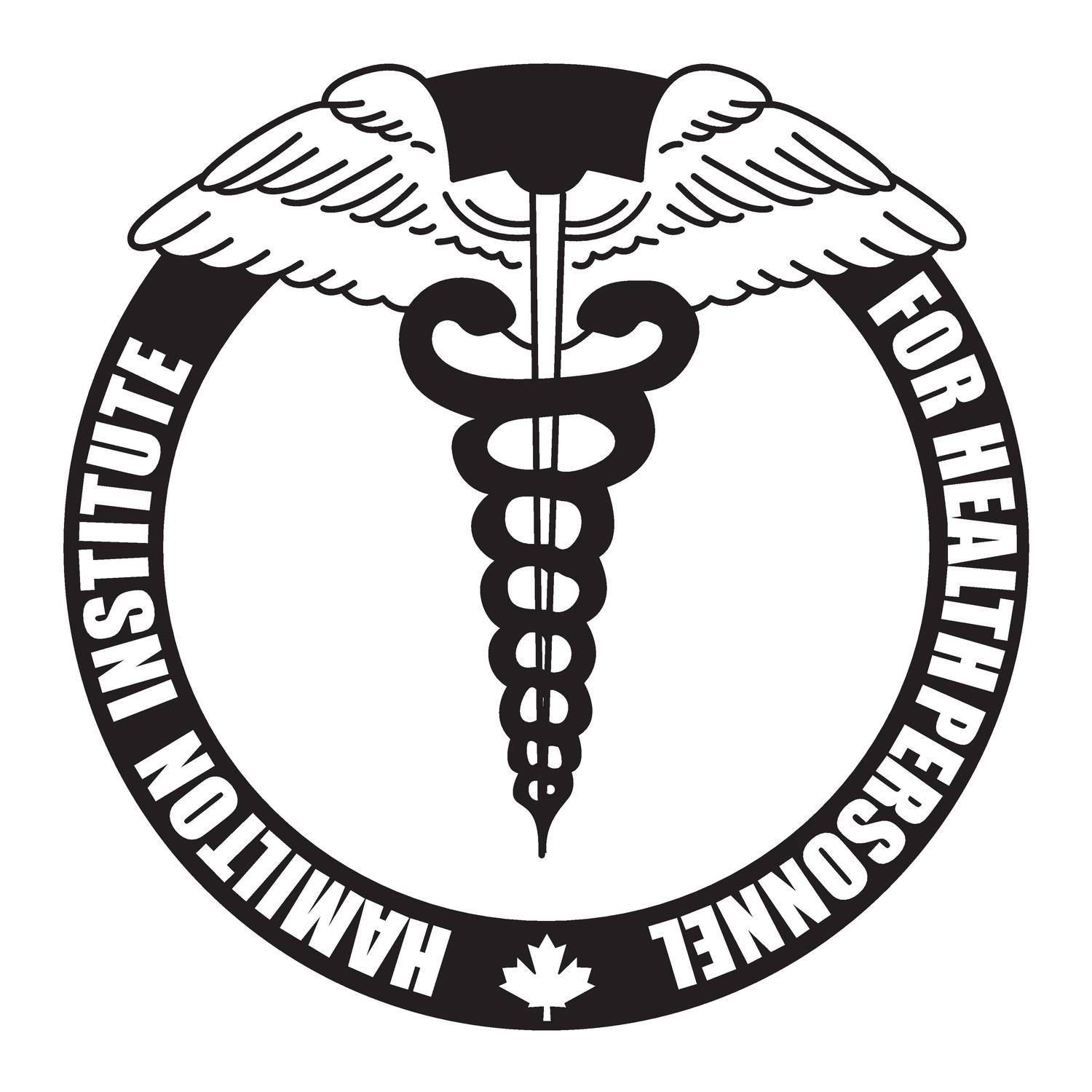CSW GERONTOLOGY DIPLOMA PROGRAM
The Community Services Worker Gerontology Program prepares graduates to work with programs in support of older adults. Students learn to be valuable members of care service teams and develop effective working relationships towards quality client care. They administer and implement a variety of social assistance programs and community services, and assist clients to deal with personal and social problems. With the aging population there is a great need in Ontario for such workers.
The CSW Program provides students with the opportunity to incorporate their classroom and learning lab theory into a real work situation. Students will have the opportunity to demonstrate and refine their skills to the achievement of the required tasks and sub-tasks, supporting the core knowledge and skill competencies and objectives.
Students incorporate theoretical modules as they go through each of the 3 Practicum stages: Observation, Community Mental Health Setting and Long Term Care Setting for Older Adults. The three placements use learning opportunities for further personal and professional growth and skill development.
THEORETICAL MODULES
OBSERVATION
Introduction to Community Service Worker
Ethics & Professionalism in Clinical Practice for CSW
Introduction to Sociology & Diversity Fundamentals
Canadian Social Service System and Social Policy
The Essentials of Abnormal Psychology including Pharmacology
Communications (Part 1) Interpersonal Communications
Crisis Intervention Strategies
Basic Counselling and Interviewing Methods
Field Placement 1 - Field Placement Prep & Observation (1 day Mental Health and 1 day Gerontology)
COMMUNITY MENTAL HEALTH SETTING
Community Mental Health Assessment
Community Mental Health Case Management
Field Placement 2 - Supervised Practicum & Seminar Debrief (Mental Health Setting)
LONG TERM CARE SETTING FOR OLDER ADULTS
Gerontology Foundations & Life Span Development
Communications (Part 2) Strategies within a Multi-disciplinary Team
Mental Health and Cognitive Aging
Activation and Programming for Older Adults
Group Methods including Gerontology
Contemporary Social Issues in Gerontology
Field Placement 3 - Supervised Practicum & Seminar Debrief - (Gerontology Setting)










